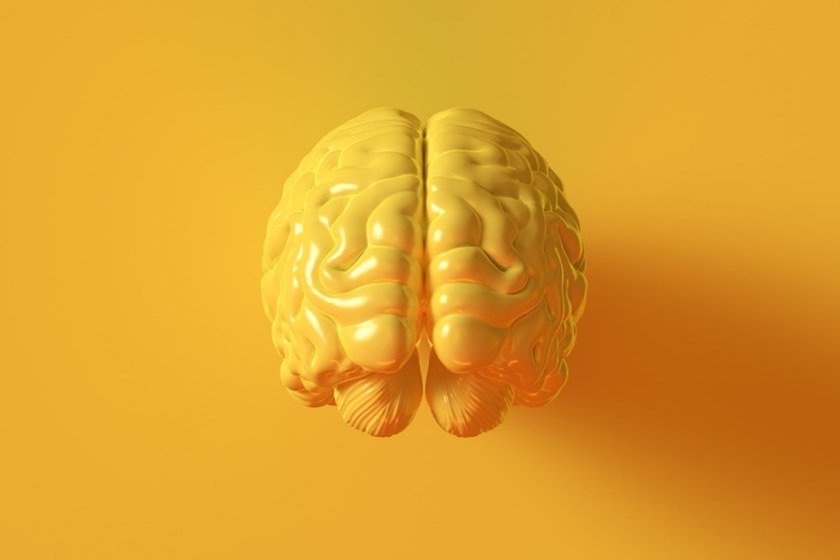Antidepressants are essential in the treatment of some mental health disorders. However, they often take weeks to take effect and science still doesn’t really know why this happens.
To answer this question, psychiatrists at the University of Copenhagen, Denmark, carried out a study with patients without depression. The results were presented at the European Congress of Neuropsychopharmacology, on October 8, in Barcelona, Spain, and suggest that the answer lies in the structure of the brain itself.
During the tests, researchers gave antidepressants to 32 volunteers who did not have the disease. The objective was to evaluate only the physiological activity of the organ and not the effect related to symptoms.
“We found that those who took antidepressants had a gradual increase in brain activity, but this increase appeared over time. The synapses accumulated over weeks, which explains why the effects of these drugs take time”, explained neuroscientist Gitte Knudsen, from Copenhagen University Hospital, in a press release.
How was the research?
The antidepressants used by volunteers during the research are those that cause the least adverse effects: selective serotonin reuptake inhibitors (SSRIs). The medication blocks the body’s natural process of recycling serotonin in the brain. Serotonin is the substance that regulates communication between neurons and is renewed periodically.
Half of the group took the indicated medicine, while the other took a placebo. The volunteers were evaluated using tomography scans to observe the volume of their brain activity.

How did antidepressants work?
Over the first month of using the medication, there was no difference between the groups, suggesting that the stabilization process needs to be built over time.
After five weeks, volunteers who took antidepressants had a shift in brain activity – marked by synapses, which are communications between neurons – to the regions of the brain responsible for dealing with emotions (neocortex) and memory (hippocampus).
Scientists believe that serotonin recycling needs to be stopped for a long period of time until a chemical change occurs that stimulates the formation of synapses in other areas. “We proved that the medicine was able to increase synapses in the areas most affected by depression”, concludes Knudsen.
Metropolises
Antidepressants are essential in the treatment of some mental health disorders. However, they often take weeks to take effect and science still doesn’t really know why this happens.
To answer this question, psychiatrists at the University of Copenhagen, Denmark, carried out a study with patients without depression. The results were presented at the European Congress of Neuropsychopharmacology, on October 8, in Barcelona, Spain, and suggest that the answer lies in the structure of the brain itself.
During the tests, researchers gave antidepressants to 32 volunteers who did not have the disease. The objective was to evaluate only the physiological activity of the organ and not the effect related to symptoms.
“We found that those who took antidepressants had a gradual increase in brain activity, but this increase appeared over time. The synapses accumulated over weeks, which explains why the effects of these drugs take time”, explained neuroscientist Gitte Knudsen, from Copenhagen University Hospital, in a press release.
How was the research?
The antidepressants used by volunteers during the research are those that cause the least adverse effects: selective serotonin reuptake inhibitors (SSRIs). The medication blocks the body’s natural process of recycling serotonin in the brain. Serotonin is the substance that regulates communication between neurons and is renewed periodically.
Half of the group took the indicated medicine, while the other took a placebo. The volunteers were evaluated using tomography scans to observe the volume of their brain activity.

How did antidepressants work?
Over the first month of using the medication, there was no difference between the groups, suggesting that the stabilization process needs to be built over time.
After five weeks, volunteers who took antidepressants had a shift in brain activity – marked by synapses, which are communications between neurons – to the regions of the brain responsible for dealing with emotions (neocortex) and memory (hippocampus).
Scientists believe that serotonin recycling needs to be stopped for a long period of time until a chemical change occurs that stimulates the formation of synapses in other areas. “We proved that the medicine was able to increase synapses in the areas most affected by depression”, concludes Knudsen.
Metropolises






